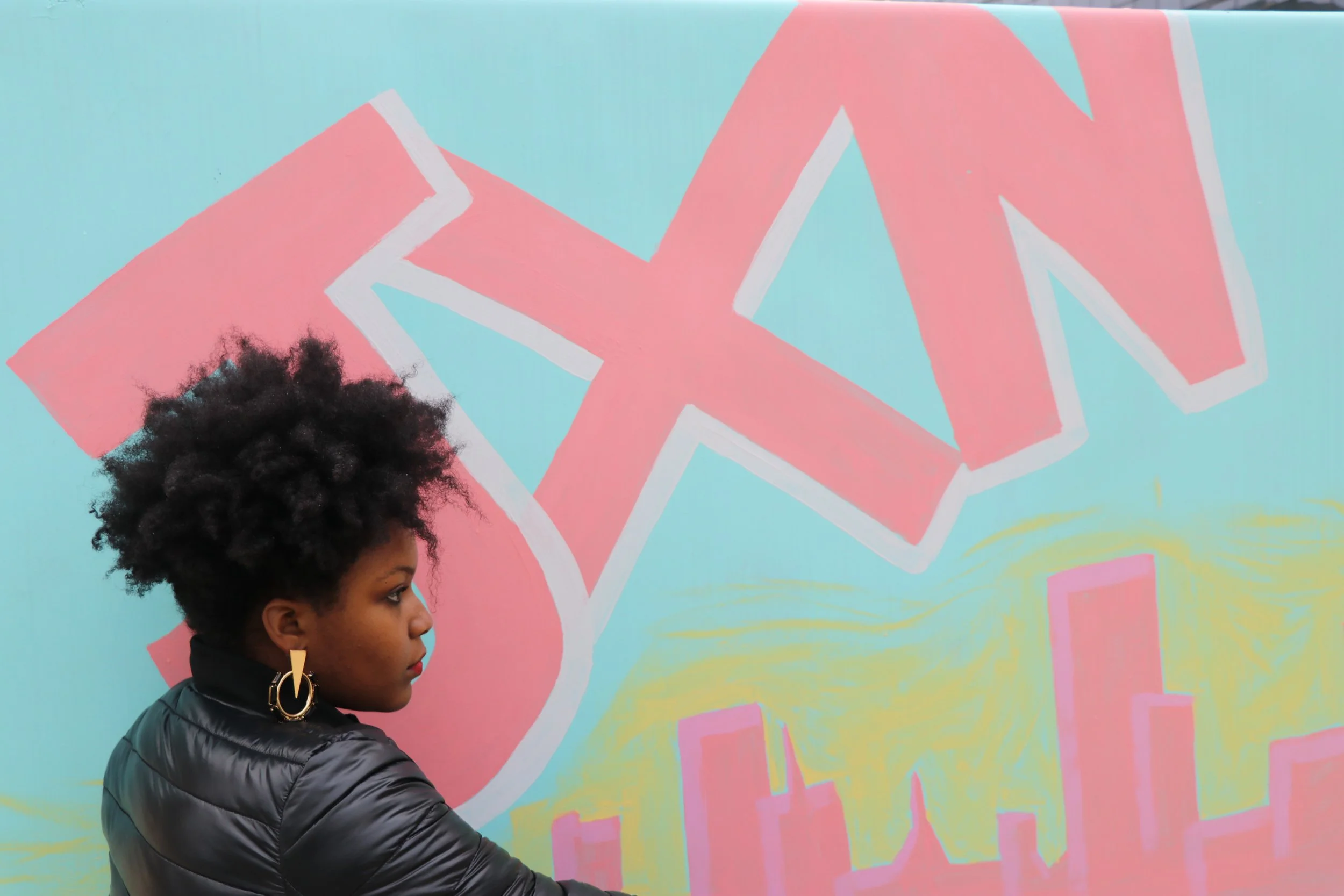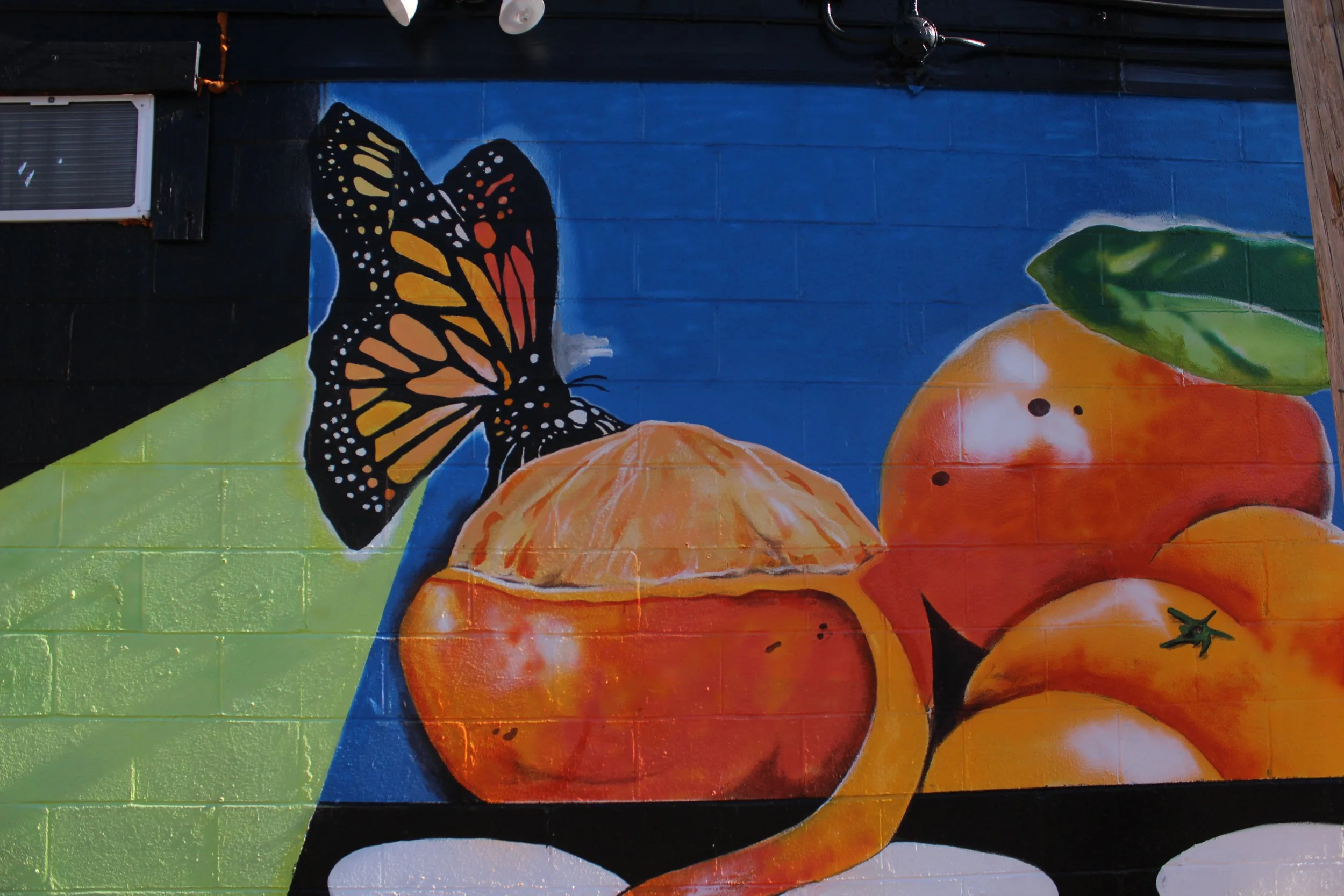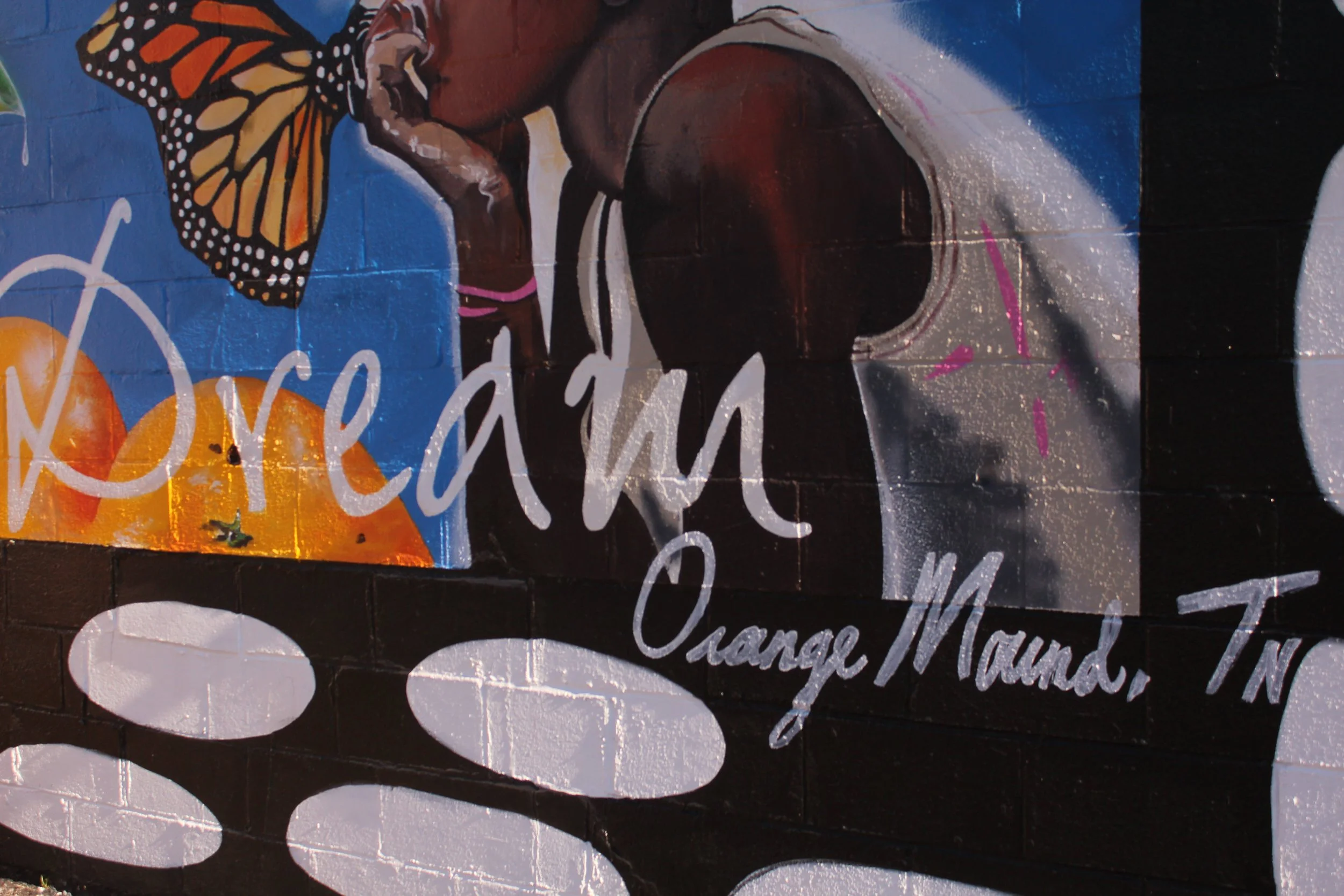
Y’all Ain’t Gone Kill Me.
long before my wooden beads shattered the silence of tacit racism on White campuses and my ample hips made space for me in rooms that could never have imagined my existence, I decided
I draw this declaration from reading Alexis Pauline Gumbs’s piece “The Shape of My Impact”. Her understanding of the academy as a site of active and deadly hostility against Black femininity guides my search for a pedagogy that creates life.
As I look back, what disturbs me most is the amount of my identity and humanity I had to shave off to preserve what I thought was an acceptable image of intellectualism. From a young age, I quickly learned that being “cultured”, “well-read”, and “smart” meant adopting Whiteness. Intrinsically I understood without anyone ever explicitly explaining to me that Blackness and smart have very few points of intersection. April Baker-Bell contends with such notions in her work on Black linguistic justice.
Photographed by Christian Ratliff-Mason
Before seeking to construct a decolonial, anti-racist, feminist, anti-ableist, queer safe classroom, we must first contend with the fact that the classroom is a colonizing, anti-Black, patriarchal, homophobic, ableist, capitalistic apparatus of an oppressive institution— the academy. I do not mean to list a succession of buzz words to ensure I grab your intention. I mean to force us to consider the ways that the Academy is a progenitor of White supremacy and the other oppressions that capitalism employs to reduce humans to tools of production . However, there is hope. As la paperson writes in A Third University is Possible, “school is an assemblage of machines and not a monolithic institution, its machinery is always being subverted toward decolonizing purposes.”
The work of the various oppressions I mentioned is to dehumanize and repurpose people as tools. Insisting on the humanity of students undoes centuries of inhumane reduction and transforms them into humans who create. Practically, this means we must endeavor to imagine every kind of student that will enter our classrooms and how their identities will shape their experiences with access and engagement. This requires me to think about the content of my curriculum as well as the format. For instance, a newly recovered piece of literature from the early 19th century written by a woman of color is an exciting addition to a syllabus, but if the narrative is only available in print form, it can be an impassable boundary for blind students. My curriculum must be flexible enough to stretch and bend to the needs of my students. It has to be built like that at the onset. As Annika M. Konrad explains in her article “Access Fatigue: The Rhetorical Work of Disability in Everyday Life”, I can not subject my students to the exhausting task of educating me on their abilities and the modifications they need. The classroom should be constructed in such a way that their arrival is obviously expected.

Therefore, decolonial classrooms encourage rest, a principle that institutions never mention. My emphasis on rest is drawn from Tricia Hersey’s discourse of radical rest. Rest is integral to the well-being of students and faculty alike. In fact, rest has been shown to promote creation of greater quality. My curriculum is not concerned with jamming countless amounts of texts into my students’ heads just so they can say, “oh yeah, I read that”. We all need space and time to digest ideas and process them into insights of our own. Rest is the space where such insight is developed. The class becomes less about how to produce “cultured” students and more about how best to expose students to content that could radicalize them and to content that they feel best prepares them to become what they envision for themselves. Essentially, my argument is that classrooms do not become radical spaces just by introducing literature from folks of marginalized communities. Classrooms must be radical in practice and construction if they wish to achieve decolonial desires.
My mission as a scholar-agitator is personal and spiritual for me. I intend to do my job well.
Truly decolonial classrooms are routinely rejected by institutions because they actively subvert every aspect of power that upholds the university. Decolonial discourse is in vogue, so institutions regularly call for scholar-agitators with large followings to join their ranks only to respond in shock and violence when those agitators start reconstructing classes.
Photographed by Christian Ratliff-Mason
A Washed pedagogy is a pedagogy of life. It opposes the varied deaths that institutions offer and instead chooses to resist by surrendering to life. In my classrooms and my scholarship, I invite people to live. Because we can surrender to life, to sunshine and butterflies, to rain and waterfalls, to rainbows and scatter clouds, to chirps and soft blushing petals, to dance and laughter and light and sparkle. We can surrender and live and live and live.









